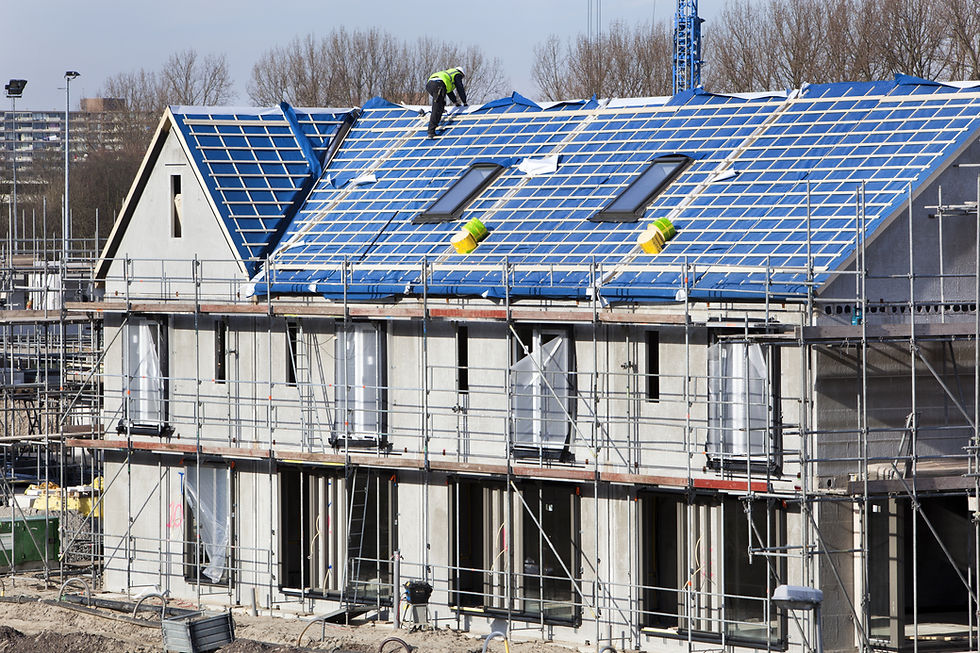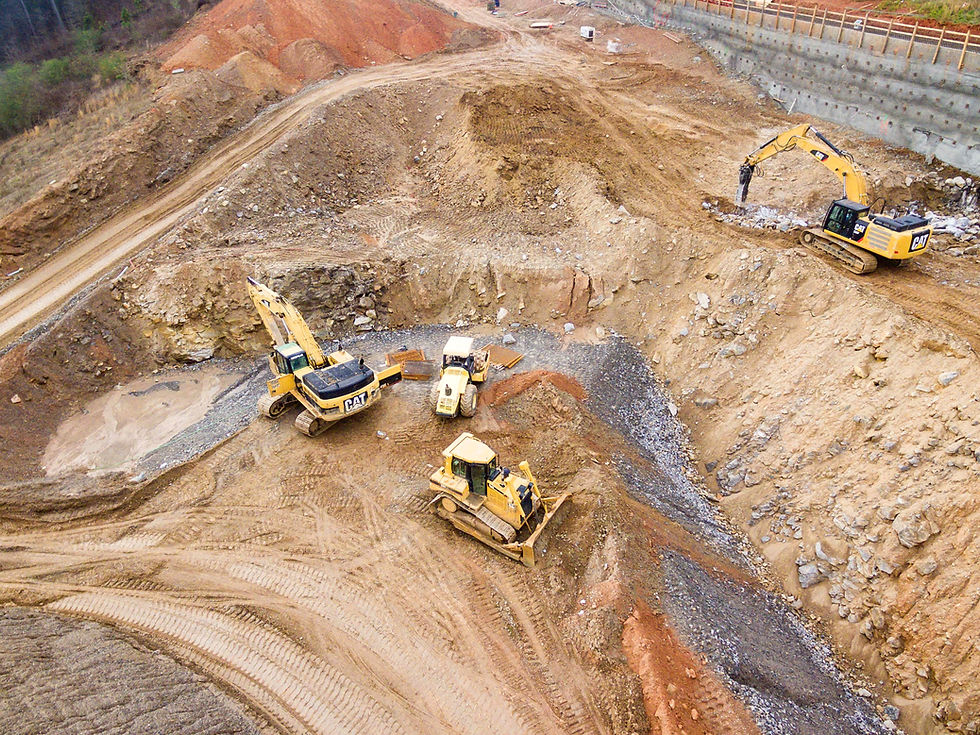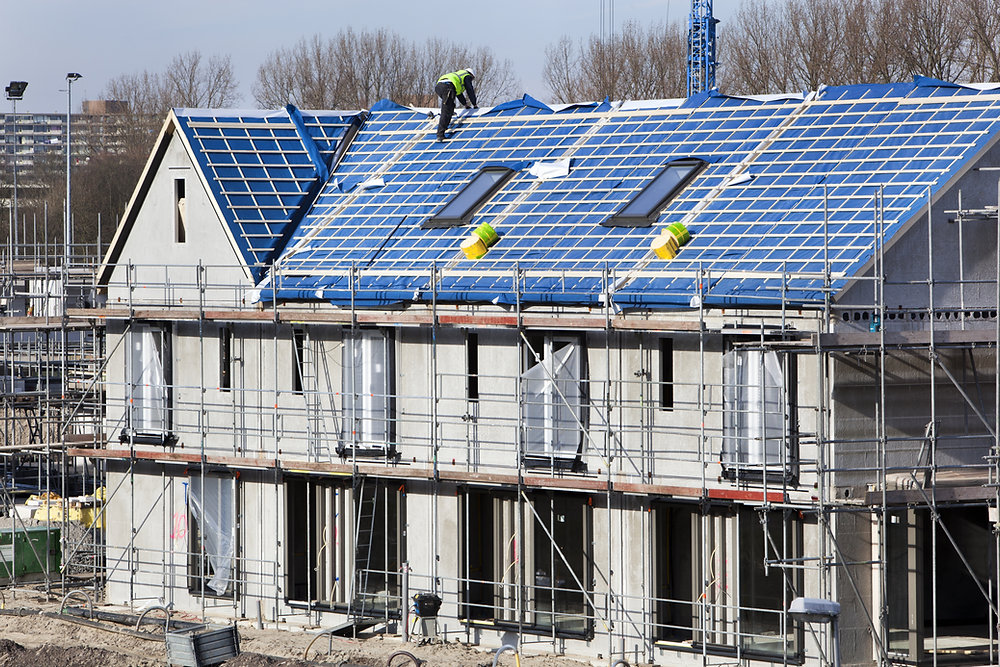Insurance is expensive, and it often gets you thinking - is this really something I need or can I get away without it?
In many cases, insurance is not only just necessary, it is mandatory. But before we get into how or why, it’s important to understand that the term construction insurance is actually an umbrella term which captures several different types of insurance policies. For a breakdown of some of the most common kinds of insurance in construction, check out my last article here.
Expanding further on the topic of insurance, in this article I will focus more on when each of these policies apply to your business, as well as discuss some other factors to consider that may affect how much you end up paying.

Insurance rates have been increasing year over year over the last decade, and although I believe a lack of skilled labour is a big part of the problem on a national level, there are still other factors to consider that can greatly impact your individual insurance costs.
Five Factors That Can Affect Your Insurance Rates
A variety of factors can affect the cost of construction insurance policies. Although some of these policies differ greatly in terms of what they cover or who provides them, the factors listed below often have the same influence on each of them in terms of the price you pay.
-
The credit histories of your business, policy holder, and named insureds
-
The size of the project and business
-
The experience of your business and other contractors
-
The coverage limits and deductibles selected
-
The location of your business or project
There may be other factors that can affect the cost of your insurance, especially if there are special or unique risks involved, but the factors listed above are typically what most underwriters use to estimate the risk associated with insuring your business/project.

Average Costs of Insurance Policies for Contractors
You may have seen some of these policies in my previous post. This list below recaps the different types of construction insurance policies which apply to a broader range of contractors and the average annual premiums you can expect to pay (in Canada).
1. General Liability Insurance - $500 to $1500 / year
This is one of the most important and common insurance coverages. It covers claims that arise as a result of damage a contractor causes a third party during the course of construction. Before you start work on any project, make sure you have this in place!
Required? - Usually, but it depends on the size of the project and the owner's risk tolerance. As with some of the other policies below in the list, it is more likely for it to be required.
2. Equipment Coverage (Inland Marine Insurance) - $2000 to $3000 / year
This type of insurance protects your equipment from natural events and theft. The range of equipment it covers can be anything from hand tools to heavy machinery. It is also commonly known as inland marine coverage, but that is slightly outdated now as the policy extends much further than just the marine sector. For example, some policies can cover a contractor's tools and clothing, as well as leased and borrowed equipment.
Required? - Sometimes. Typically if you have equipment, tools, or computers that are valuable, it might be worth insuring regardless of it being required or not. You may purchase extended warranties for individual products to mitigate the risk, but some of them don't cover certain events such as theft or accidental damage.
3. Professional Liability Insurance - $800 to $4000 / year
This is the type of insurance that is extremely important for consultants and engineers. This coverage protects business owners from the costs associated with third party liability lawsuits or claims against you or your business.
Required? - Although this type of insurance isn’t required, it is highly recommended, especially depending on the nature of your business.
4. Workers Compensation Coverage - $4000 to $8000 / employee
This insurance covers your company's employees in the event they are injured while performing their jobs. This may be the most expensive part about insuring your business so it is worth shopping around and finding a carrier that has the ability to mitigate these costs for you if that is an option.
Required? - Usually this is required as long as you have employees.
5. Builders Risk Insurance - 1-5% of the project cost
This insurance policy is sometimes referred to as course of construction insurance (COC), and it involves the coverage of buildings and other structures while they are under construction. For unique projects, there are typically options to purchase additional premium coverages to extend the limits of your policy and the insurable events.
Required? - This is usually required as well, as the risk to not have this in place is normally too high for most projects.
6. Commercial Auto Insurance - $800 to $5000 / vehicle
As the name suggests, this coverage is for contractors who have work vehicles for their business operations. This covers not only the vehicle but bodily harm as well as the result of an accident.
Required? - Yes, this is always required as long as you have commercial vehicles.
7. Surety Bonds - $100 to $10,000 / year
Surety Bonds are an agreement between three parties, whereas the traditional insurance policy is an agreement between two. In this arrangement, the surety (Bond provider) provides a safety net for the oblige (your client, the owner, GC, etc) in the event you default on the terms of the contract.
Required? - Sometimes. This depends on the requirements enforced by the owner of the project, or the General Contractor, but is becoming more and more common these days.

Final Thoughts
As you can see, there is no simple formula to determine which policy is relevant to your business. To determine which insurance policies apply, you must first assess the unique requirements of your business or project.
If you are thinking about bidding on a project, go over all contract documents prior to even placing a bid! No two businesses are the same, and that applies to projects as well. Take time to go over your business plan and identify key areas where insurance can help mitigate risks.
The cost of each policy can also vary greatly in some cases due to some of the factors listed above such as location. On an even more personal level, things such as your credit score, years of experience, and size of your company, will also have a massive impact on the rates you will receive. Finally, you may have noticed that the 7th policy listed above, Surety Bonds, is different from typical insurance policies in this list.
Next week, I’ll dive deeper into what exactly bonds are, and the different kinds you typically find in construction.
If you enjoyed this article, join our mailing list now to receive all the latest articles and stay up-to-date on what Ontraccr is developing to bring automation to the construction industry!






